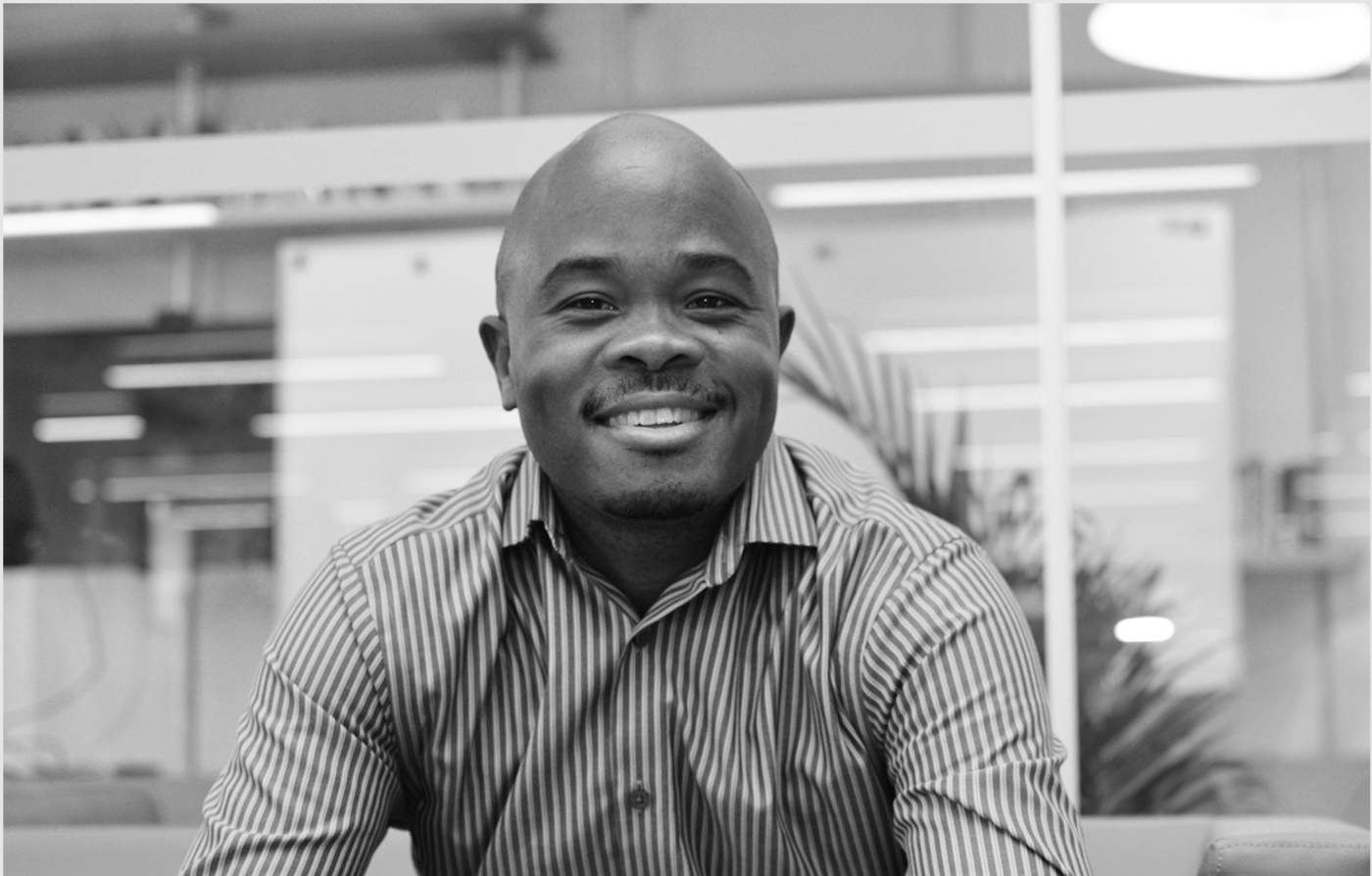Fred Swaniker’s first experience as an educator came when he was barely an adult himself. He was 18 years old when his mother asked him to help her run a small church school she was planning to establish in Botswana for kids ages 5 to 12. His father had just passed away, and the family needed the steady income from her full-time job as a high school teacher, so she turned to Swaniker. “I became a headmaster at the age of 18,” he says. “I was teaching classes and managing other teachers. It was a pivotal experience.”
Working at the school ignited a passion for education that Swaniker, now 47, has carried throughout his career. After an MBA at Stanford in 2004, the Ghanaian entrepreneur decided to dedicate himself to building new programs that could develop students' unrealized talent—and, in doing so, help to drive change for their communities.
“There are many challenges in Africa: healthcare, education, infrastructure, governance, food security, corruption,” Swaniker says. “I realized that there's no way that I could, in my lifetime, solve any one of those issues. But if I could create an army of problem-solvers and innovators that would allow me to have a system for addressing all these problems.”
With this mission in mind, Swaniker set out to construct programs that could educate a generation of trailblazers. In 2004, working with colleagues he met while at Stanford, Swaniker devised a business plan for the African Leadership Academy with the goal of finding and training promising students from across Africa in entrepreneurship and leadership. Based in Johannesburg, South Africa, the two-year high school now educates approximately 250 11th and 12th graders each year, selected from a competitive application process to which thousands of students apply.
The academy’s success and the demand for the program it offers led Swaniker to open a new institution in 2015—the African Leadership University (ALU). The school, which has campuses in both Mauritius and Rwanda, offers bachelor’s degree programs in software engineering and entrepreneurial leadership to 2,000 students each year. Seeing the growth of the tech sector on the continent and the potential for remote learning to reach an even broader swath of students, Swaniker created the African Leadership Xcelerator (ALX) a few years after the ALU’s debut. ALX offers a series of virtual courses—between four and six months in length—that provide short-term technical training for students interested in pursuing jobs in software engineering, cloud computing, data analytics, and more. More than 97,000 students have completed the program since its inception.
Graduates from these programs join an alumni network working in a diverse array of industries. The schools’ former students include diplomats, filmmakers, medical innovators, and founders of companies and nonprofits. One recent success story: Joseph Rutakangwa, who graduated African Leadership University in 2019, went on to start Rwazi, a startup providing major brands with data analysis on consumer habits in African countries and other emerging markets. In March, Rwazi raised $4 million in seed funding. Meanwhile, an alum from the African Leadership Academy’s 2010 class, Spencer Horne, is the force behind Cloudline, a startup that uses drone technology to help deliver essential goods like food and medicine to rural populations. After years of development, Cloudline unveiled its first drone—a solar-powered airship that can travel up to 250 miles—to the public at the Paris Air Show this summer.
Altogether, over 200,000 students engage with the programs’ curriculums each year, but Swaniker has his sights set higher—he aims to train 3 million leaders by 2035, and is moving quickly to reach that goal. Demographic shifts may work in his favor. As the global population ages in coming decades, many countries will have a shortage of young, technically skilled workers. But Swaniker sees the huge opportunity these shifts create for the students in his programs, who will help bolster the global labor force in the future. “Africa remains the youngest continent in the world, and will be 40 percent of the world's population by 2050,” says Swaniker. “We’re looking at how to leverage the talent that's there.”
This profile is published as a part of TIME’s TIME100 Impact Awards initiative, which recognizes leaders from across the world who are driving change in their communities. The next TIME100 Impact Awards ceremony will be held on Nov. 17 in Kigali, Rwanda.
- The 100 Most Influential People of 2024
- Coco Gauff Is Playing for Herself Now
- Scenes From Pro-Palestinian Encampments Across U.S. Universities
- 6 Compliments That Land Every Time
- If You're Dating Right Now, You're Brave: Column
- The AI That Could Heal a Divided Internet
- Fallout Is a Brilliant Model for the Future of Video Game Adaptations
- Want Weekly Recs on What to Watch, Read, and More? Sign Up for Worth Your Time
